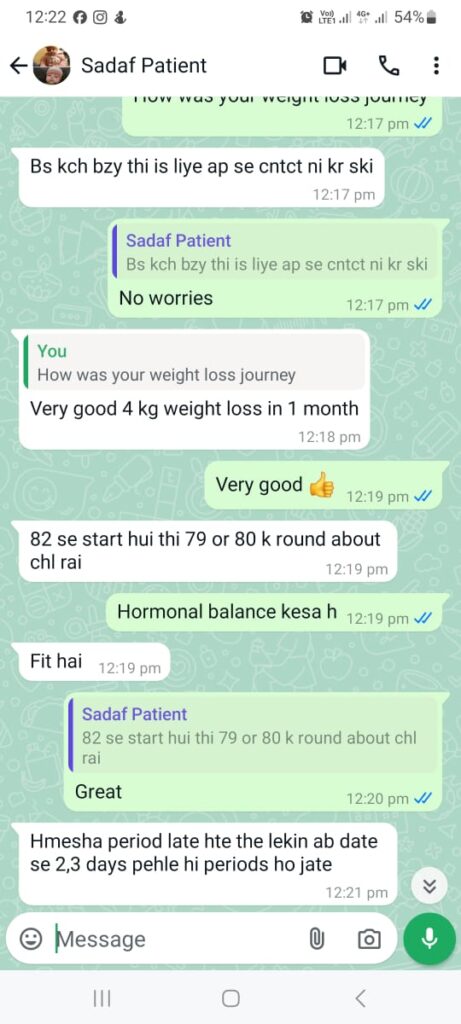Services
PCOS
Polycystic Ovary Syndrome (PCOS) is a hormonal disorder affecting women of reproductive age. It causes irregular periods, excess androgen (male hormone) production, and often leads to small cysts on the ovaries. PCOS can cause various health issues, including infertility, weight gain, and increased risk of diabetes and heart disease.
Diabetes
Diabetes is a chronic disease that affects how your body turns food into energy. This energy, called glucose, is the main source of fuel for your body. With diabetes, your body either doesn’t produce enough insulin, or it can’t use the insulin it produces effectively. Insulin is a hormone that helps glucose get into your cells to be used for energy.
Hypertension
Hypertension, often called the “silent killer,” is a condition where blood pressure is consistently too high. It puts extra strain on blood vessels and organs, increasing the risk of heart disease, stroke, and kidney failure. While it often has no symptoms, regular check-ups are crucial for early detection and management.
GIT Disorders
Gastrointestinal (GIT) disorders affect the digestive system, causing various symptoms like abdominal pain, diarrhea, constipation, and nausea. They can be functional, arising from abnormal gut motility or sensation, or structural, resulting from physical changes in the digestive organs. Common GIT disorders include irritable bowel syndrome (IBS), inflammatory bowel disease (IBD), and gastroesophageal reflux disease (GERD).
Liver Diseases
Liver diseases encompass a range of conditions affecting the liver, a vital organ responsible for filtering blood, producing bile, and storing energy. These diseases can disrupt the liver’s functions, leading to various health complications. Common types include hepatitis, cirrhosis, fatty liver disease, and liver cancer.
Hypothyroidism
Hypothyroidism is a condition where the thyroid gland doesn’t produce enough hormones. This can lead to various symptoms like fatigue, weight gain, and slow metabolism. Treatment typically involves taking levothyroxine, a synthetic thyroid hormone.
Therapeutic Diet Plans
Therapeutic diet plans are specially designed meal plans tailored to address specific health conditions. They involve modifying the intake of certain nutrients or foods to improve health outcomes. These plans are often prescribed by healthcare professionals and designed by registered dietitians.
Weight Loss
Weight loss refers to a decrease in body weight, typically achieved through a combination of dietary changes and increased physical activity. It can be intentional, as in efforts to improve health or appearance, or unintentional, often caused by underlying medical conditions. Successful weight loss involves creating a sustainable calorie deficit and adopting healthy lifestyle habits for long-term results.
Heart Diseases
Heart disease encompasses a range of conditions affecting the heart and blood vessels. It arises from various factors like unhealthy lifestyle, genetics, and underlying medical conditions. Early detection and timely intervention are crucial for managing and preventing heart disease.


Healthy Eating Habits Promote Life
Healthy eating habits are the foundation of a long and vibrant life. By nourishing your body with a balanced diet rich in fruits, vegetables, whole grains, and lean proteins, you can boost your immune system, enhance your energy levels, and reduce your risk of chronic diseases. Remember, small changes in your eating habits can lead to big improvements in your overall well-being.
What Clients Say








Navigation
© 2024 Dietitian Arooba • All Rights Reserved

